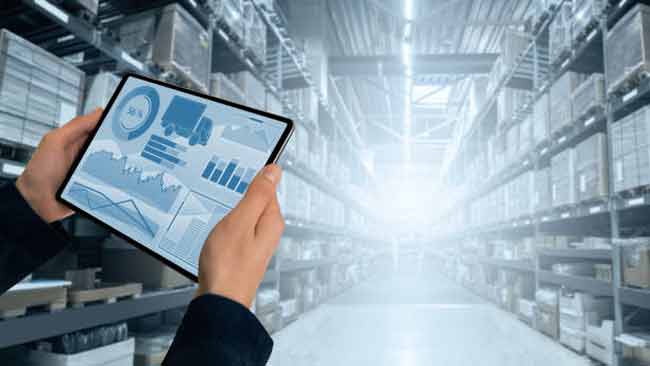Warehousing is one of the most important aspects of a supply chain. By storing inventory in a warehouse, companies can minimize the amount of time that products spend in transit, which can save them both money and time. Additionally, warehousing allows for more careful control over stock levels and can help to prevent shortages and surpluses.
This post will cover the importance of inventory control in warehousing to protect stock levels and avoid losses.
Warehousing Protects Transport Time

A major advantage of warehousing is that it allows companies to minimize the amount of time their products spend in transit. As goods are shipped via truck, rail, or ship, they can be stored in a warehouse until they are ready to ship again. This way, the products don’t need to drive or sail to their final destination; instead, they can be stocked in a warehouse near their end consumer.
This reduces transport time because it allows companies to keep inventory local to their consumers, rather than having it travel across the entirety of the supply chain network. By using a warehousing company such as GrowwithSupplyChain companies can save time and money by minimizing how much their products travel.
Warehousing Helps To Prevent Surpluses and Shortages
Closely related to the need for inventory control is the importance of preventing stock-outs and excesses. This can often be a difficult problem to solve, as it requires precise forecasts of demand. However, a well-managed warehouse can reduce the risk of both surpluses and shortages by allowing companies to more accurately match their inventory levels to consumer needs.
Perhaps one of the most effective ways for reducing these risks is implementing an effective buy-back system. In fact, a study found that companies which used a warehouse were ten times more likely to make profitable stock purchases.
Warehousing Helps With Product Disposition

Once a product has reached the end of its lifecycle, a company will often need to dispose of it in some way. Warehousing allows companies to manage the disposal process more carefully, as it gives them time to decide how they want to handle their products. This is often particularly relevant for medical and pharmaceutical companies, which may need far more time than other types of companies to dispose of products properly.
For example, if a hospital receives an expired medical product, they may need to return it to the original supplier. By warehousing this product, they can ensure that it is not accidentally sent back over and over again.
This ability to manage product disposition directly increases warehouse efficiency. Companies are able to make more precise decisions on what needs to be done with a particular item of inventory, rather than just selling it at a loss, throwing it away or sending it back to the supplier.
Conclusion
By using a warehouse, companies can make their supply chains more efficient and effective. Warehousing allows companies to reduce transport time and stock levels, as well as giving them time for more careful product disposition. This is one of the main reasons why warehousing facilities are so important for today’s businesses.
